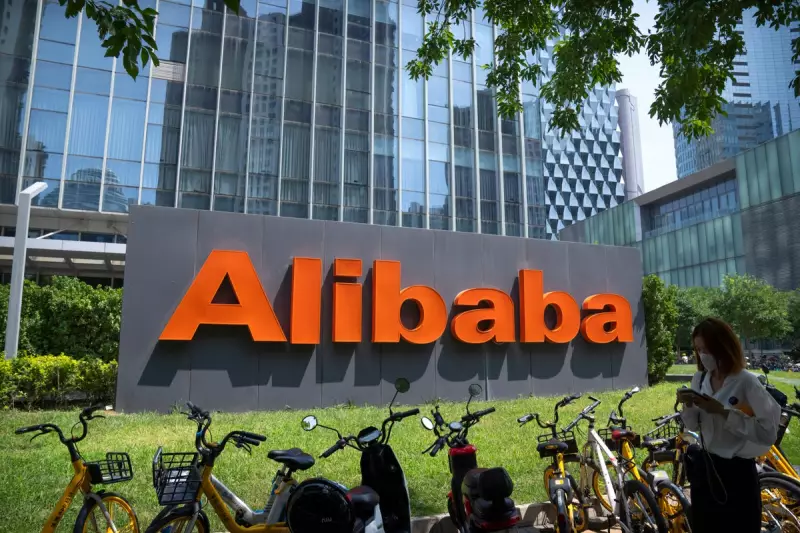
Alibaba's Cloud Business Soars Amid Artificial Intelligence Boom
Chinese technology giant Alibaba Group has reported impressive growth in its cloud computing division, with revenue surging 34% during the July-September quarter. This substantial increase was primarily driven by booming demand for artificial intelligence services across global markets.
The company's upgraded AI chatbot, Qwen, which directly competes with OpenAI's ChatGPT, achieved remarkable success with 10 million downloads within just one week of its public launch. This demonstrates the rapidly growing appetite for AI technologies among consumers and businesses alike.
Mixed Financial Results Despite Cloud Success
While the cloud division performed exceptionally well, Alibaba's overall financial picture presented a more complex story. Total revenue for the Chinese tech group increased by just 5% year-on-year to 247.8 billion yuan ($35 billion), with profit experiencing a significant 52% decline compared to the same period last year.
The profit downturn was largely attributed to fierce price competition in China's e-commerce sector, particularly within the food delivery segment, which eroded short-term profitability. This challenging landscape affected other major players too, with e-commerce rival JD.com reporting a substantial 55% drop in net profit during the same quarter.
Substantial AI Investments and Future Outlook
Alibaba has made artificial intelligence a central pillar of its growth strategy. Earlier this year, the company committed to investing at least 380 billion yuan ($53 billion) over three years to advance its cloud computing and AI infrastructure. CEO Eddie Wu emphasised that these "significant" investments in AI have been crucial drivers behind the company's revenue growth.
The 34% cloud revenue growth represents an acceleration from the 26% increase recorded in the April-June quarter, indicating growing momentum in AI adoption. Company executives stated that demand for AI services is "accelerating" and expressed strong conviction in future AI demand growth. Alibaba also suggested it may ultimately exceed its planned 380 billion yuan investment to meet surging market demand.
Investors have responded positively to Alibaba's AI progress, with the company's Hong Kong shares gaining 2% following the announcement. Before the opening bell on the New York Stock Exchange, shares rose 2.4%. Throughout this year, Alibaba shares have surged more than 90%, largely fueled by optimism surrounding the company's artificial intelligence developments.
The competitive landscape in AI continues to evolve, with Chinese companies making significant strides. Tech startup DeepSeek has particularly upended the industry, challenging the traditional dominance of American rivals in the sector.
Recent earnings from other Chinese tech giants have shown varied results. Tencent, which competes with Alibaba in AI development, reported a robust 15% year-on-year revenue increase for the July-September quarter. Conversely, Baidu, another key player in China's AI race, experienced a 7% revenue decline during the same period.
Despite the enthusiasm surrounding artificial intelligence, concerns about a potential AI bubble have been growing among investors and analysts. However, strong earnings reported by chipmaker Nvidia last week have provided some reassurance to market participants watching this rapidly evolving sector.





